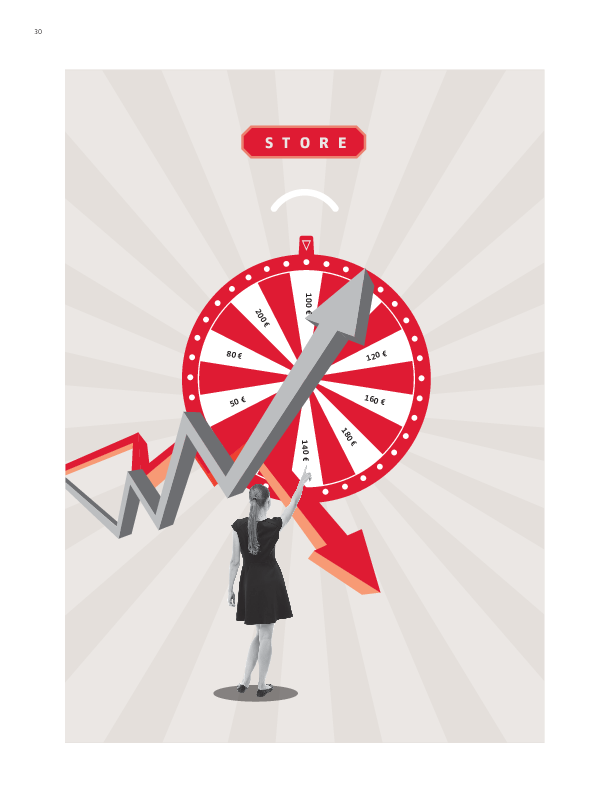The Perils of Retail Price Differentiation: Why Nobody Wins When Customers Lose
Werner Reinartz and Nico Wiegand
Price differentiation is a longstanding marketing instrument in retailing. In our digital omni-channel environment its implementation may get technically easier, but also more transparent and obvious. As consumers generally consider price differentiation as unfair, systems need to be implemented cautiously and hold potential benefits for all parties. Some practices are perceived as more unfair than others. Dissimilarity of the purchase situation, control over the final price, the suspected motive of the company, and fairness of the pricing rule are decisive factors in the consumer evaluation process of price differentiation measures.
To avoid detrimental effects like perceptions of unfairness or permanent damage of the relationship, companies must strike a balance between their own and consumers’ interests. The latter need to feel the advantage of price differentiation to appreciate it, especially the price-sensitive segment. However, from a company perspective, there is a profitability boundary to giving away free lunch. One way out of this dilemma is to foster self-selection into low-price offerings but preventing bargains for everyone by increasing the effort or time to get better prices. If head-on price differentiation is unavoidable, negative reactions can be attenuated by embedding pricing rules in social norms.

![[Translate to English:] [Translate to English:]](/fileadmin/_processed_/4/3/csm_reinartz_intro_vol_11_no_1_dt_424811060e.png)
![[Translate to English:] [Translate to English:]](/fileadmin/_processed_/0/6/csm_ramaswamy_ozcan_vol_11_no_1_dt_df51cfc30e.png)
![[Translate to English:] [Translate to English:]](/fileadmin/_processed_/e/3/csm_dorotic_vol_11_no_1_dt_5fad28f635.png)
![[Translate to English:] [Translate to English:]](/fileadmin/_processed_/6/e/csm_shankar_vol_11_no_1_dt_ba4c32b686.png)
![[Translate to English:] [Translate to English:]](/fileadmin/_processed_/f/2/csm_linzbach_ea_vol_11_no_1_dt_9dd0213a82.png)
![[Translate to English:] [Translate to English:]](/fileadmin/_processed_/d/f/csm_buder_ea_vol_11_no_1_dt_53d9a1ecba.png)
![[Translate to English:] [Translate to English:]](/fileadmin/_processed_/a/1/csm_2019_nim_mir_future_of_retail_english_ebay_4dfba03c8e.png)


